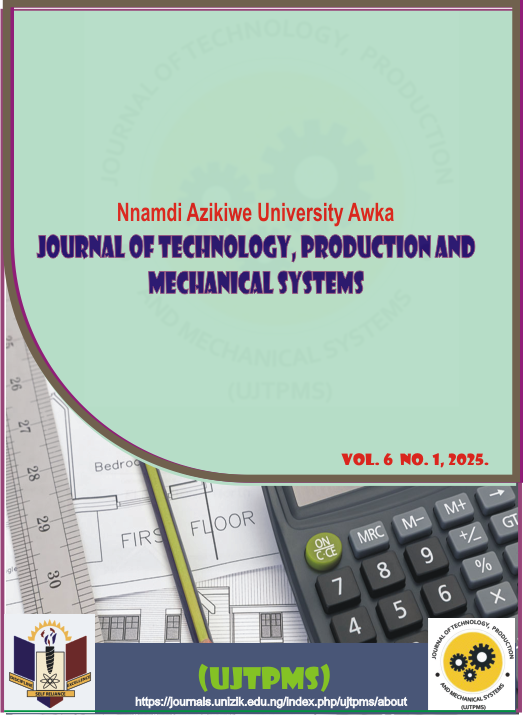Evaluating the Dynamics of Contractors’ Tender for Construction Projects: Insights from PCA, Clustering, and Robust Regression
Keywords:
Construction Management, Clustering Techniques, Nigeria Construction Sector, Principal Component Analysis, Robust Regression, Tender EvaluationAbstract
The tendering process is a critical determinant of project success in the construction industry, particularly in Nigeria, where indigenous contractors face numerous challenges in securing government and foreign contracts. This study examines the dynamics influencing contractors’ tender decisions by employing Principal Component Analysis (PCA), hierarchical clustering, and robust regression modeling. Data were obtained through structured interviews with experienced professionals, who rated 50 decision-making factors affecting tender submissions. PCA reduced data dimensionality, revealing that a few core components, such as organizational capacity, market conditions, and project risks explain the majority of variance in contractor decisions. Hierarchical clustering identified contractor segmentation based on tender priorities, while robust regression showed a statistically significant relationship between mid-tier factor scores (medium_scores) and overall tender viability. Although limited in scale, the findings offer preliminary insights into predictive, simplified metrics for tender evaluation. This research contributes theoretically by integrating advanced analytical methods into tendering studies and practically by offering actionable insights to contractors, policymakers, and stakeholders aiming to enhance the competitiveness and transparency of the procurement process in Nigeria’s construction sector. The study underscores the need for standardized evaluation criteria, capacity-building, and data-driven decision-support systems in tender management.
Downloads
Published
Issue
Section
License
Copyright (c) 2025 Authors

This work is licensed under a Creative Commons Attribution-NonCommercial 4.0 International License.






